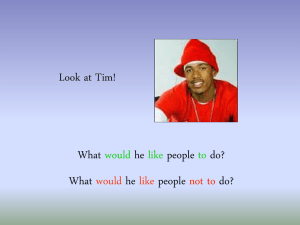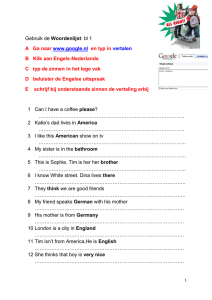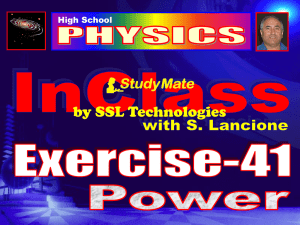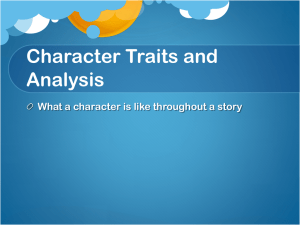Daily Mail - From A Clear Blue Sky
advertisement
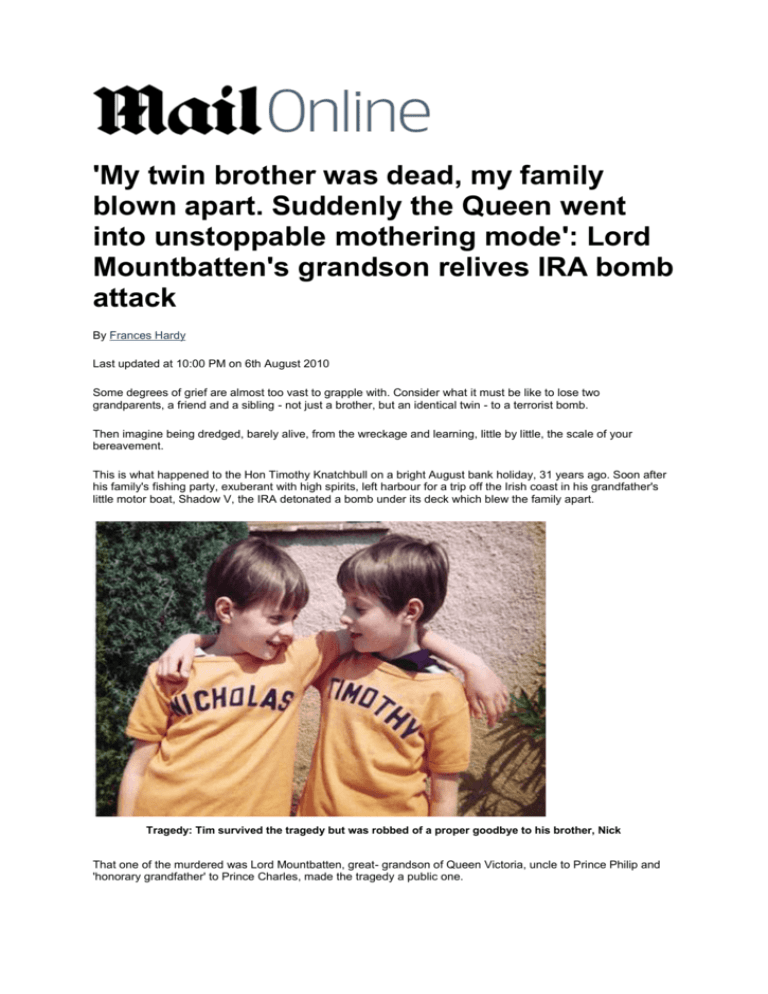
'My twin brother was dead, my family blown apart. Suddenly the Queen went into unstoppable mothering mode': Lord Mountbatten's grandson relives IRA bomb attack By Frances Hardy Last updated at 10:00 PM on 6th August 2010 Some degrees of grief are almost too vast to grapple with. Consider what it must be like to lose two grandparents, a friend and a sibling - not just a brother, but an identical twin - to a terrorist bomb. Then imagine being dredged, barely alive, from the wreckage and learning, little by little, the scale of your bereavement. This is what happened to the Hon Timothy Knatchbull on a bright August bank holiday, 31 years ago. Soon after his family's fishing party, exuberant with high spirits, left harbour for a trip off the Irish coast in his grandfather's little motor boat, Shadow V, the IRA detonated a bomb under its deck which blew the family apart. Tragedy: Tim survived the tragedy but was robbed of a proper goodbye to his brother, Nick That one of the murdered was Lord Mountbatten, great- grandson of Queen Victoria, uncle to Prince Philip and 'honorary grandfather' to Prince Charles, made the tragedy a public one. But for Tim, then just 14, his loss was all-consuming and intensely private. Tim had no chance to say goodbye to his identical twin Nick. For several days, he did not even realise his brother was dead. Moments after the blast, Tim was hauled from the sea by a couple who were out on another boat. He recalls: 'I could hear anxious, distressed, emotionally-charged Irish voices and I knew that something terrible had happened - but I had no inkling of what it was. At the moment of the explosion, my only memory is of a sickening thud and then lying on the bottom of the boat and realising I needed to stay very calm and hold on. 'I didn't think anything about death. My mind was not capable of processing thought. I just have these tiny memories that do not gel. 'I couldn't see, I could hardly hear - the bomb had perforated my eardrums - and I remember attempting to say, "I'm cold" because that was the only thing I felt; that and a sense of shrivelling into an inner core. I just wanted to shrink into the bottom of the boat.' Tim's injuries were largely confined to shrapnel wounds, so his physical recovery progressed relatively quickly today the only visible evidence of the trauma is the slight opaqueness of his blind right eye - but his emotional recuperation was trickier. It was two-and-a-half decades before he was able to come to terms with losing his brother and, in doing so, he has also been able to forgive the IRA assassins who killed three of his family - only one of whom, Thomas McMahon, was convicted of the crime. McMahon was released from prison in August 1998 as part of the Good Friday agreement. Tim points out - and it is a tragic irony - that his grandfather would have supported an autonomous Ireland. 'He understood that the potency of nationalism could be harnessed for great good,' he says. 'In murdering my grandfather, the IRA killed one of the few members of the British establishment who had a natural resonance with their way of thinking - abhorrent though he would have found their violent means.' Grief: The murder of Lord Mountbatten, pictured here with the twins as babies, turned the tragedy into a public event Today, he is resolutely lacking in bitterness. We meet in the West London office of his media company, where he bounds around in black jeans and open-necked shirt, offering refreshments and introducing colleagues. He lunches on a sandwich so austere it could have come from a Fifties railway station buffet. It is easy to forget the sheer grandeur of his lineage. Unstuffy, handsome and full of easy charm, the 45-year-old has embraced fatherhood on an epic scale. On a cabinet in his office, photos of his wife Isabella and their five young children - Amber, ten, Milo, nine, Ludo, six, Isla, four, and year-old Willa - stand alongside holiday snaps from his own childhood. His journey from unimaginable loss to this point of acceptance is charted in his book, From A Clear Blue Sky, newly published in paperback. As well as his twin Nicholas and maternal grandfather Lord Mountbatten, the blast killed his paternal grandmother and a young local boy. It also seriously injured both his parents; he writes that in hospital, 'between the three survivors, we had three functioning eyes and no working eardrums'. The book contains tender insights into our Royal Family - Tim says that the Queen was like a second mother to him when he was newly bereaved - but what strikes you most about his narrative is its absence of bitterness and sometimes startling candour. The day of the murders started full of hope and promise. The family had breakfasted at Classiebawn, their castle on the coast of County Sligo. It was August 27, 1979, and the twins, the youngest of seven siblings, were setting out for the boat trip with their parents, John, Lord Brabourne, and his wife Lady Patricia. Destroyed: The family aboard Shadow V, the boat blown up by the IRA Also on board was their mother's adored 79-year-old father 'Dickie' Mountbatten - always known by the children as Grandpapa - and their 83-year-old paternal grandmother 'Dodo', the Dowager Lady Brabourne. Later the party was joined by 15-year-old Paul Maxwell, a friend of the twins, who'd been helping to prepare the boat for its trip. Paul, too, was to die in the blast. 'My first memories are of the brilliant blue sky and the sunshine,' says Tim. 'I came down to the dining room and my grandfather lifted my chin and found the mole which everyone looked for to identify me from Nick. Then he leaned down, kissed me and said, "Morning Timmy". 'Away we went to the harbour; six of us squeezed into a Ford Granada. I sat on my father's lap, steering until we got to the public road, then perching on the handbrake. 'In the back were my mother, my Brabourne grandmother Doreen and, of course, Nick. As we turned towards the harbour the sea was calm and flat and we were all in a happy, holiday mood.' They all piled into the boat, with Dickie Mountbatten at the helm. 'I went on to the cabin roof to act as lookout,' says Tim. 'I was pointing out the lobster pots, which was important, because their lines could get caught in the propeller - but my grandfather didn't seem to be listening. He was quietly enjoying himself, in a world of his own. 'Then I remember a sensation, as if I'd been hit with a club, and a tearing sound. I don't remember my journey through the air or hitting the water. 'Before the debris finished raining down, I was unconscious and about a hundred feet from my grandfather. My next memory is of lying on a very hard surface feeling incredibly cold.' Recovery: Tim with wife Isabella on his wedding day in 1998. From the blur of the ensuing days, as he drifted in and out of consciousness, Tim retains only a series of disparate sounds and images. 'My lovely old granny's heart stopped on Tuesday morning in the bed next door to me. But I didn't even know she was beside me,' he recalls. After three days, he was judged to be recovered enough to hear the news about Nick. His sister Joanna, then 24, delivered it. 'Joanna came straight to the point,' Tim says. 'She said, "When you were brought to the hospital you were unconscious. You woke up. Nick never did." Until that moment, I didn't have the slightest inkling he was dead. 'I was utterly devastated. Nick was my soulmate. I didn't think I'd know how to lead my life without him.' The torrent of tears that followed was not unexpected. But shortly afterwards a fresh wave of unsettling new emotions hit him: 'I didn't tell a soul about it for years and years because it seems deeply ugly and greedy to admit it, but I felt a flash of incredible relief, luck and joy that I'd lived.' There was no formal farewell to Nick, either. Tim did not go to his twin's funeral - a private service at the Brabournes' local church in Mersham, Kent - and neither did his parents. Their health was considered too fragile. This added to Tim's sense that nothing was properly resolved. 'A funeral is profoundly important,' he says. 'It gives you a chance to focus, to commune, to accept - to have some form of goodbye. 'Nick's heart started beating next to mine, three weeks after our conception, and we'd hardly been separated in the 14 years and nine months since our birth. Not to have that last goodbye was utterly wrong. 'And it was terribly painful to have no last memory of him. But I just picked myself up and carried on.' Family and friends rallied. The Queen and Prince Philip invited Tim and his 22-year-old sister Amanda to holiday with them at Balmoral. What still strikes Tim today was the Queen's maternal kindness. 'We have a great mother on the throne of this country,' he says. 'When my mum, her good friend, was laid low, the Queen stepped in. We were very late arriving at Balmoral, because of a delay to our flight, and the Queen and Prince Charles plied us with soup and sandwiches. 'Amanda took the lead in thanking them and suggesting they go to bed, but there was no persuading them. They continued to bring food and drink and ask for news from home. After a while we ambled down the corridor. We knew the form; at some point the Queen would break off and head in the direction of her bedroom. None of it. 'She shepherded us into our rooms and started to unpack. Here, Amanda drew the line, removing a sweater from the Queen's hands and convincing her that we really would be happier if she took herself to bed. Funeral: Ironically, says Tim, Lord Mountbatten would have been supportive of an autonomous Ireland 'She was in an almost unstoppable mothering mode and I loved it. We kissed her goodnight and then unpacked as we chatted to [Prince] Charles.' It's clear that the Knatchbulls are a briskly resilient breed, prone to neither introspection nor self-pity. Even so, Tim says: 'Years after Nick's death I realised what an aching need I had to complete the journey, which had to culminate in finding a way to say goodbye to him. I had to verbalise it; to reconnect back to a moment in my childhood I had missed - to have a last conversation with him. ' The route to that point of realisation was a circuitous one. For years, Tim sought neither bereavement counselling nor psychotherapy. Instead he learned to live with the fact that an imaginary bomb would regularly detonate inside his head. For many years, his days were regularly punctuated by this noise. 'I'd hear it a dozen times a day. It was just a sound, a millisecond. But actually it was a sign of something more underlying - of a sense of sadness and loneliness that made me feel low for long periods and stopped me engaging with life.' It was 1995 before he began 18 months of counselling. Today he says it is an 'unbelievable relief ' that he hasn't heard the bomb for six months. The counselling had another happy corollary - it freed him to fall in love with a girl called Isabella Norman, whom he'd met at his cousin India Hicks' home in the Bahamas. 'I'd been frightened, without realising it, that the person I loved would disappear in a puff of smoke and a bang. But once I realised they wouldn't, I had the confidence to commit to a relationship and to my future in a way I couldn't have done before,' he says. But the final full stop came at Classiebawn Castle, the scene of that tragically curtailed childhood holiday. Although sold to a new owner, Tim had free access to roam through the castle, which resonated with memories. One autumn day, seven years ago, he returned there when it was empty. 'Outside the sky was dark and a great Atlantic storm was raging,' he says. 'The rollers were smashing into the cliffs and I was shuttered away, alone in this granite castle consciously constructing the right set of feelings, sounds, sights and smells to reconnect back to a moment in my childhood I had missed; to have a last conversation with Nick. 'I lit a turf fire and even the smell was evocative. Then I played some of our favourite music from the Seventies. I'd found a scratchy old vinyl record called Hot Hits and I'd had it transferred to a CD. 'And as I listened to those songs - River Deep - Mountain High; Me And You And A Dog Named Boo - I felt an emotional passageway open up to old memories, to our childhood and ultimately to Nick. 'I could imagine his presence on the landing above and I surprised myself by calling out his name. 'Then it was as if he'd come downstairs and sat on the sofa opposite me. I started to scratch out the words I wanted to say to him: "I love you, miss you. I'd choose to come back again as a twin, if I could have you again." 'And as I wrote, the tears convulsed me. At the end I had unlocked such a bucketful of deeply-held and pinned down inner grief that I knew this was a defining moment in my life.' For Tim it marked the end of his mourning; the final lifting of an emotional burden. He has not spoken to his twin since - although he often speaks of him - and for him this is a happy conclusion: he has regained a degree of peace and finally said his proper goodbye to Nick. From a Clear Blue Sky: Surviving the Mountbatten Bomb (Arrow Books, £7.99) is out now. Tim's website is FromAClearBlueSky.com
